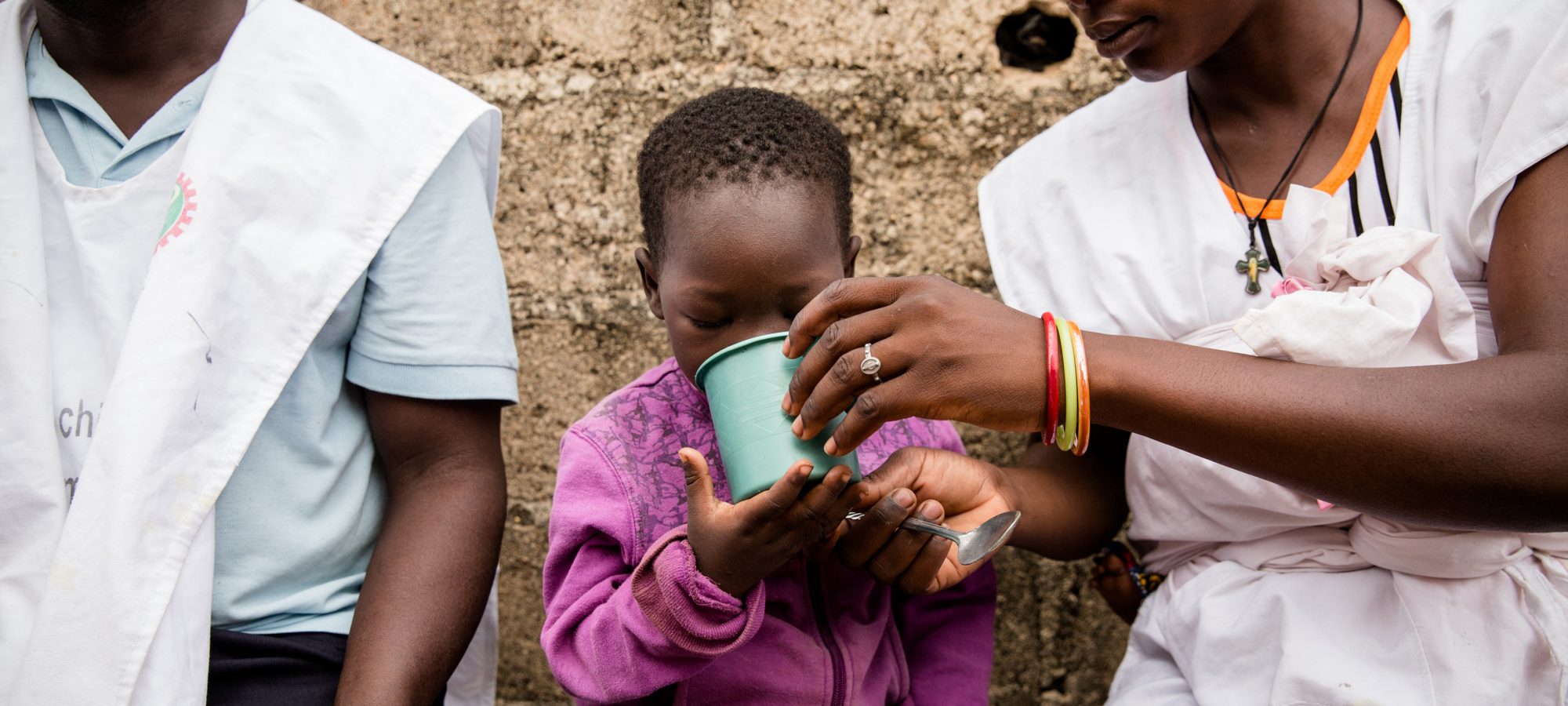Malaria Consortium’s seasonal malaria chemoprevention (SMC) campaign has just begun across three countries in the Sahel region of Africa: Burkina Faso, Chad and Nigeria.
Between July and October, the 2019 campaign aims to reach more than 5.5 million children under five with antimalarial drugs, which will protect them from malaria during the rainy season.
Here is a short Q&A with Christian Rassi, Malaria Consortium’s SMC programme director, to tell you more about the programme and how our distribution campaign is being run.
What is SMC?
Seasonal malaria chemoprevention is a WHO-recommended intervention that is designed to provide safe and effective antimalarial protection to those most at risk during the rainy season: children under five. It involves giving a combination of two drugs, amodiaquine and sulfadoxine-pyrimethamine, once a month for four months. The aim is to maintain sufficient levels of antimalarial drugs in children’s bloodstream throughout the rainy season.
Malaria Consortium has been delivering SMC campaigns in the Sahel since 2013.
Why do we give out SMC during the rainy season?
When the rainy season comes to the Sahel, malaria rates rise significantly, putting children at even greater risk.
As mosquitoes breed in water, the rainy season provides the perfect conditions for the population to grow and thereby increase the malaria threat. It is estimated that 29 million children in the region are at risk across the region during this period.
How does the campaign work?
In the months leading up to the start of the rainy season, Malaria Consortium has been helping to train drug distributors and their supervisors to ensure that the treatments are given according to guidelines. We have also been busy making sure that the requisite numbers of drugs have arrived in time for the SMC campaign to start.
The SMC campaign will be delivered in four cycles, at monthly intervals. At the start of each cycle, the child’s caregiver receives a blister pack of the SMC drugs, and the first dose is taken when the drug distributor is present, so they can learn how to administer the drugs. The caregiver then gives the child the subsequent doses over the next two days. The drugs have also been sweetened to improve their taste and therefore ensure a more positive experience for the child.
Where are we conducting the campaign?
Our distribution of SMC will take place door-to-door across Burkina Faso, Chad and Nigeria from July to October. Most drug distributors are volunteer Community Health Workers, while supervision is typically provided by salaried health workers from primary healthcare facilities in the distribution area. In all countries, we work closely with National Malaria Control Programmes and regional or district health authorities to organise and coordinate the SMC campaign. We implement our SMC programme with the support of UK aid from the UK government, Global Fund and the President’s Malaria Initiative, but mainly through philanthropic funding.
Is it an effective intervention?
Rates of malaria fall by as much as 75% when SMC is used alongside other interventions such as indoor residual spraying and sleeping under insecticide-treated nets. Top-rated by an independent body, which assesses charities ability to accomplish good with donations, the intervention has been rigorously assessed and found to be highly effective and good value for money.
Christian Rassi is Malaria Consortium’s SMC Programme Director.
Photo credit: Rilwanu Muhammed/Malaria Consortium
